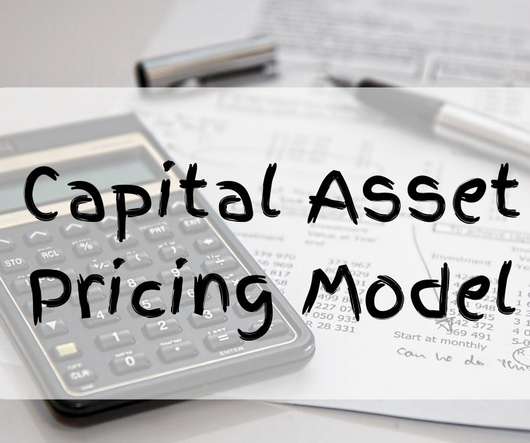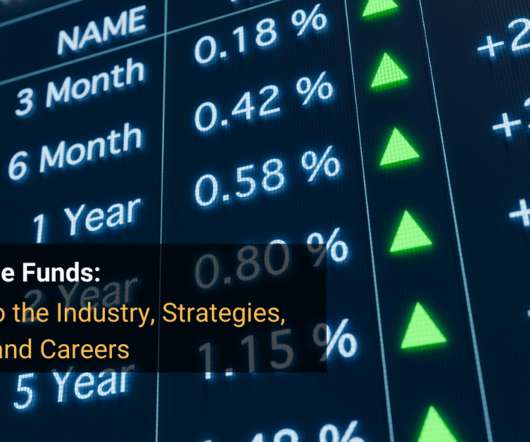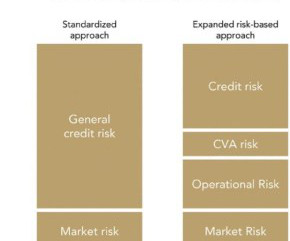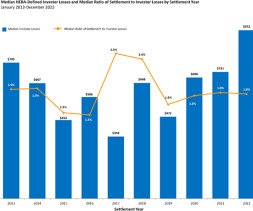How ESG Ratings Can Affect a Firm’s Cost of Equity
Reynolds Holding
AUGUST 2, 2023
Investors in firms that emphasize ESG qualities appear to greatly reduce risk and earn returns that exceed those of conventional investments (Derwall et al., 2019) , for example, strong ESG performance correlates positively with higher equity returns and a reduction in downside risk. The Journal of Finance 74 (6), 2789–2837.























Let's personalize your content